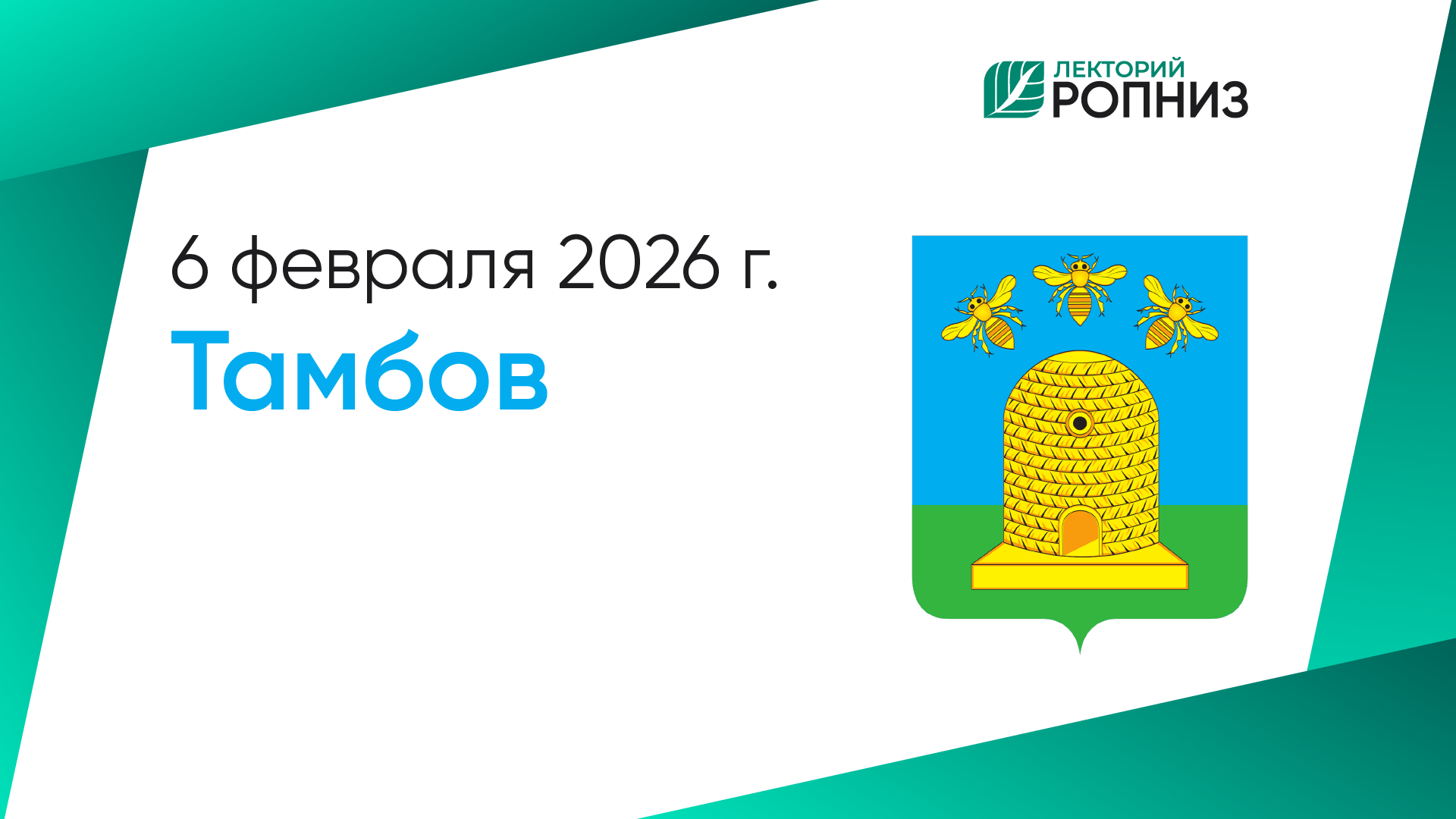Medical treatment of patients with cardiovascular diseases during the first year after hospitalization for COVID-19
https://doi.org/10.15829/1728-8800-2022-3467
Abstract
Aim. To evaluate the medical treatment of patients with cardiovascular disease (CVD) during the first year of follow-up after hospitalization for coronavirus disease 2019 (COVID-19) in a prospective registry.
Material and methods. The material for the study was obtained from the database of the TARGET-VIP inhospital registry. The registry included 1130 people. Of 863 patients discharged from the hospital with a diagnosis of COVID-19, 473 (548%) patients with CVD were selected, and 31 (40,8%) patients were selected from 76 patients in whom the diagnosis of COVID-19 was not confirmed with CVD.
Results. At the stage of discharge from the hospital, the quality of therapy for CVD was insufficient on average, the frequency of proper prescriptions was 59,5%. During the first year, there was a significant trend towards a decrease in the prevalence of antihypertensive therapy for hypertension (p=0,018), anticoagulants for atrial fibrillation (p<0,001) and an increase in prescribing angiotensinconverting enzyme inhibitors/angiotensin receptor blockers for heart failure (p=0,037). The average prevalence of prescribing proper cardiovascular pharmacotherapy after 30-60 days and 6 months of follow-up was significantly less than at discharge from the hospital. In both groups of patients, when comparing the average frequency of compliance with proper prescriptions at all follow-up periods, as well as when comparing these indicators between groups, no significant differences were found, with the exception of the stage of 30-60 days after discharge from the hospital (p=0,009).
Conclusion. In the TARGET-VIP registry after discharge from the hospital, the prevalence of proper appointments for CVD was insufficient. During the first year of observation, patients with CVD showed a significant decrease in the frequency of proper prescription of antihypertensive therapy for hypertension and anticoagulants for atrial fibrillation. When comparing groups of patients with confirmed and non-confirmed COVID-19, a higher average rate of adherence to proper prescriptions was found in patients with confirmed COVID-19. However, significant differences were found only 30-60 days after discharge.
About the Authors
N. P. KutishenkoРоссия
Moscow
M. M. Lukyanov
Россия
Moscow
S. Yu. Martsevich
Россия
Moscow
A. A. Pulin
Россия
Moscow
E. Yu. Andreenko
Россия
Moscow
V. P. Voronina
Россия
Moscow
V. A. Dindikova
Россия
Moscow
N. A. Dmitrieva
Россия
Moscow
M. M. Kudryavtseva
Россия
Moscow
O. V. Lerman
Россия
Moscow
A. N. Makoveeva
Россия
Moscow
E. Yu. Okshina
Россия
Moscow
А. А. Smirnov
Россия
Moscow
E. N. Belova
Россия
Moscow
V. G. Klyashtorny
Россия
Moscow
E. V. Kudryashov
Россия
Moscow
O. E. Karpov
Россия
Moscow
O. M. Drapkina
Россия
Moscow
References
1. Stefan N, Birkenfeld AL, Schulze MB. Global pandemics interconnected — obesity, impaired metabolic health and COVID-19. Nat Rev Endocrinol. 2021;17:135-49. doi:10.1038/s41574-020-00462-1.
2. Williamson EJ, Walker AJ, Bhaskaran K, et al. Factors associated with COVID-19-related death using OpenSAFELY. Nature. 2020;584:430-6. doi:10.1038/s41586-020-2521-4.
3. Mehra MR, Desai SS, Kuy SR, et al. Cardiovascular Disease, Drug Therapy, and Mortality in Covid-19. N Engl J Med. 2020;382(26):2582. doi:10.1056/NEJMoa2007621.
4. Arutyunov GP, Tarlovskaya EI, Arutyunov AG, et al. A. International register "Dynamics analysis of comorbidities in SARSCoV-2 survivors" (AKTIV SARS-CoV-2): analysis of predictors of short-term adverse outcomes in COVID-19. Russian Journal of Cardiology. 2021;26(4):4470. (In Russ.) doi:10.26442/00403660.2022.01.201320.
5. Arutyunov GP, Tarlovskaya EI, Arutyunov AG, et al. ACTIV SARS- CoV-2 registry (Analysis of Chronic Non-infectious Diseases Dynamics After COVID-19 Infection in Adult Patients). Assessment of impact of combined origi.nal comorbid diseases in patients with COVID-19 on the prognosis. Terapevticheskii arkhiv. 2022;94(1):32-47. (In Russ.) doi:10.26442/00403660.2022.01.201320.
6. Pogosova NV, Paleev FN, Ausheva AK, et al. Sequelae of COVID-19 at long-term follow-up after hospitalization. Rational Pharmacotherapy in Cardiology. 2022;18(2):118-26. (In Russ.) doi:10.20996/1819-6446-2022-04-03.
7. Xie Y, Xu E, Bowe B et al. Long-term cardiovascular outcomes of COVID-19. Nat Med. 2022;8(3):583-90. doi:10.1038/s41591022-01689-3.
8. Ayoubkhani D, Khunti K, lyan VN, et al. Post-covid syndrome in individuals admitted to hospital with COVID-19: retrospective cohort study BMJ. 2021;372:n693. doi:10.1136/bmj.n693.
9. Arutyunov GP, Tarlovskaya ЕI, Arutyunov AG. on behalf of coauthors. Clinical features of post-COVID-19 period. Results of the international register "Dynamic analysis of comorbidities in SARS-CoV-2 survivors (AKTIV SARS-CoV-2)". Data from 6-month follow-up. Russian Journal of Cardiology. 2021;26(10):4708. (In Russ.) doi:10.15829/1560-4071-2021-4708.
10. Smirnov AA, Loukianov MM, Martsevich SYu, et al. Clinical and Anamnestic Characteristics, Cardiovascular Pharmacotherapy and Long-term Outcomes in Multimorbid Patients after COVID-19. Rational Pharmacotherapy in Cardiology. 2022;18(5):502-9. (In Russ.) doi:10.20996/1819-6446-2022-09-06.
11. Drapkina OM, Karpov OE, Lukyanov MM, et al. Prospective inhospital registry of patients with suspected or documented COVID-19 infection and community-acquired pneumonia (TARGET-VIP): characteristics of patients and assessment of in-hospital outcomes. Cardiovascular Therapy and Prevention. 2020;19(6):2727. (In Russ.) doi:10.15829/1728-8800-2020-2727.
12. Kanorskii SG. Post-COVID syndrome: prevalence, organ pathogenesis and routes of correction. A systematic review. Kubanskii Nauchnyi Meditsinskii Vestnik. 2021;28(6):90-116. (In Russ.) doi:10.25207/16086228-2021-28-6-90-116.
13. Gilyarevsky SR, Golshmid MV, Bendeliani NG, et al. Efficacy of standard treatment for cardiovascular disease in COVID-19: hypotheses, evidence, and verification. Lechebnoe Delo. 2022;1:12-9. (In Russ.) doi:10.24412/2071-5315-2022-12491.
14. Nalbandian A, Sehgal K, Gupta A, et al. Post-acute COVID-19 syndrome. Nature Medicine. 2021;27(4):601-15. doi:10.1038/s41591-021-01283-z.
Supplementary files
Review
For citations:
Kutishenko N.P., Lukyanov M.M., Martsevich S.Yu., Pulin A.A., Andreenko E.Yu., Voronina V.P., Dindikova V.A., Dmitrieva N.A., Kudryavtseva M.M., Lerman O.V., Makoveeva A.N., Okshina E.Yu., Smirnov А.А., Belova E.N., Klyashtorny V.G., Kudryashov E.V., Karpov O.E., Drapkina O.M. Medical treatment of patients with cardiovascular diseases during the first year after hospitalization for COVID-19. Cardiovascular Therapy and Prevention. 2022;21(12):3467. (In Russ.) https://doi.org/10.15829/1728-8800-2022-3467
JATS XML

























































